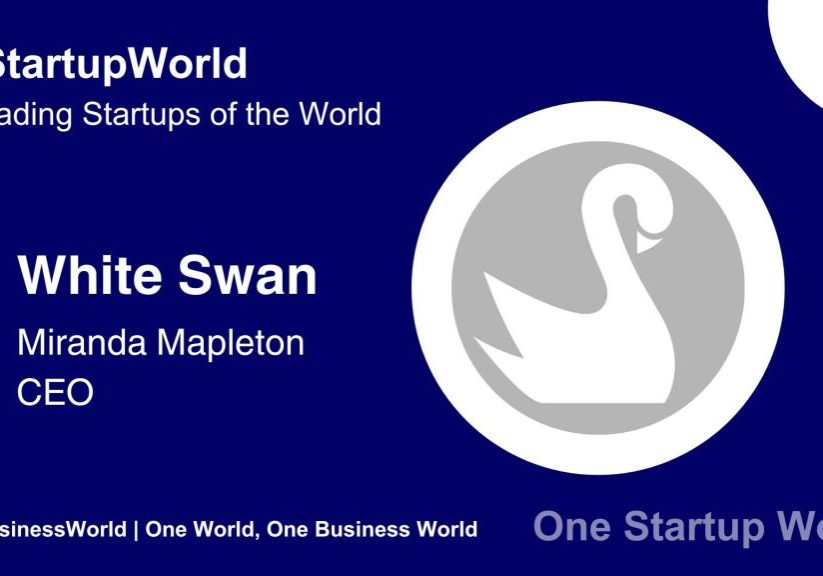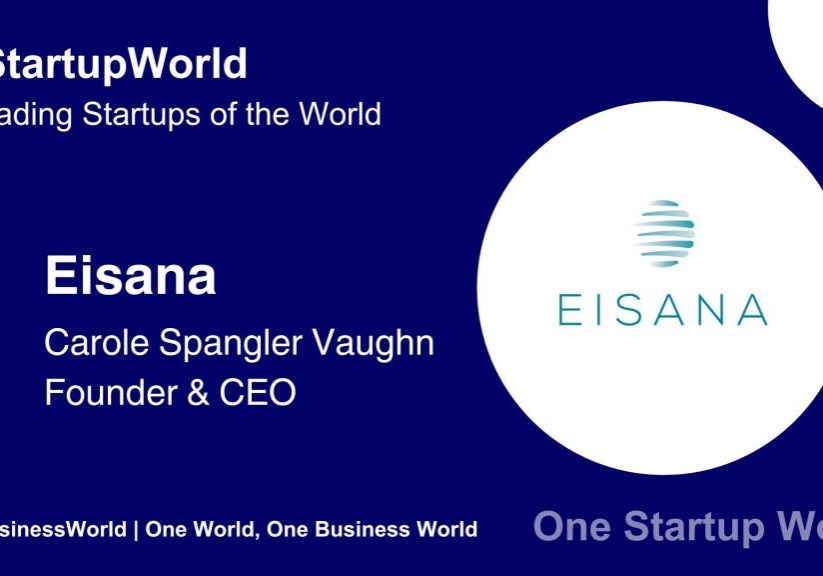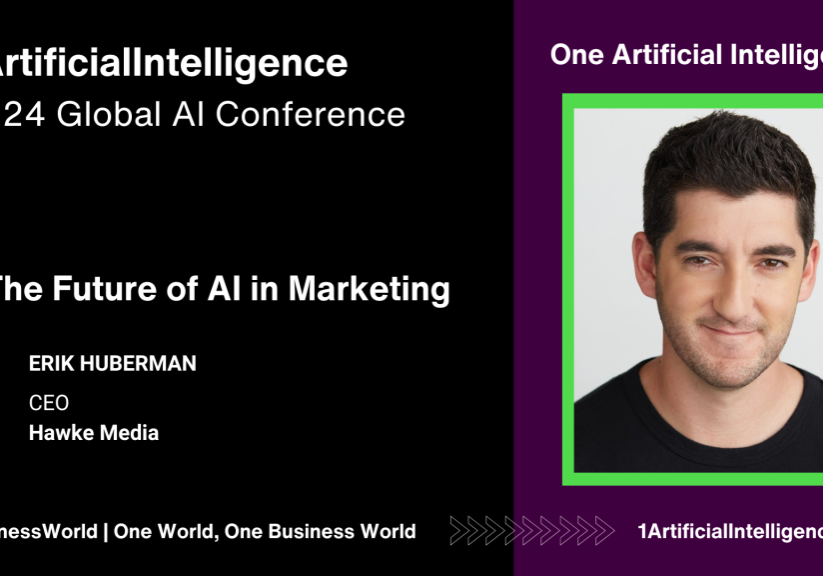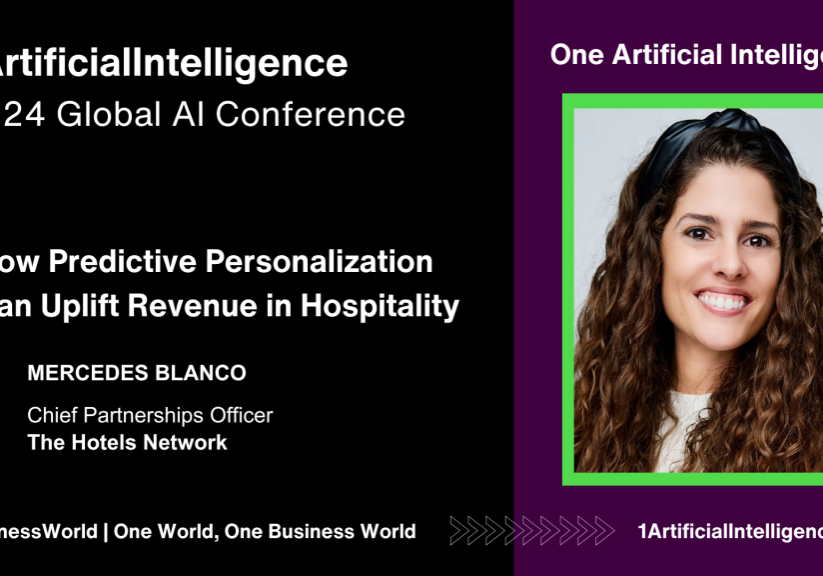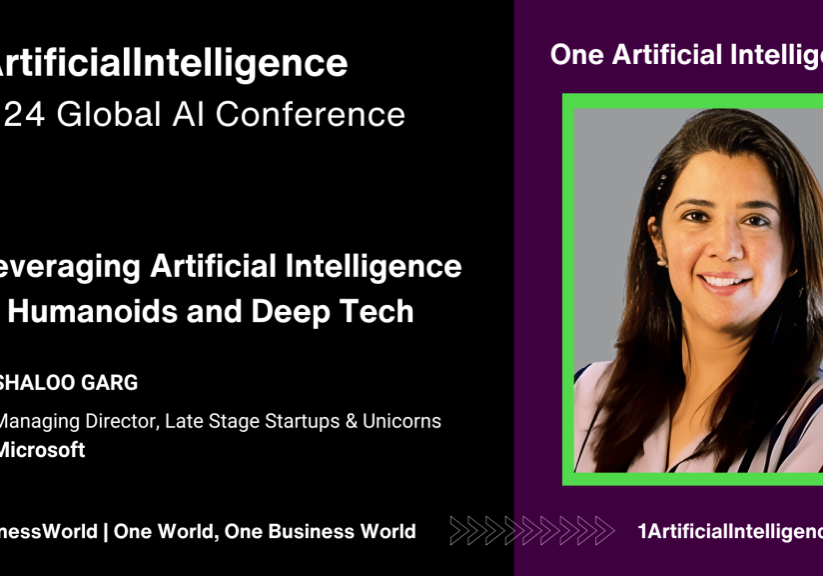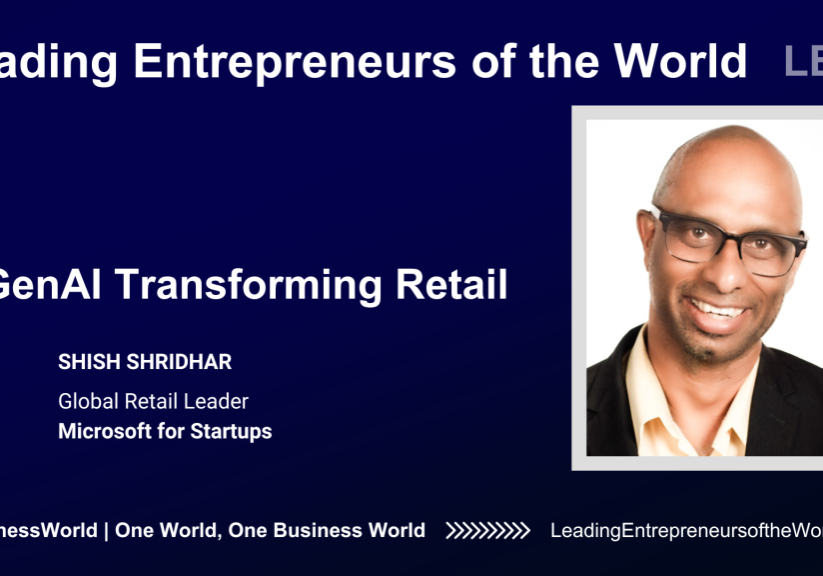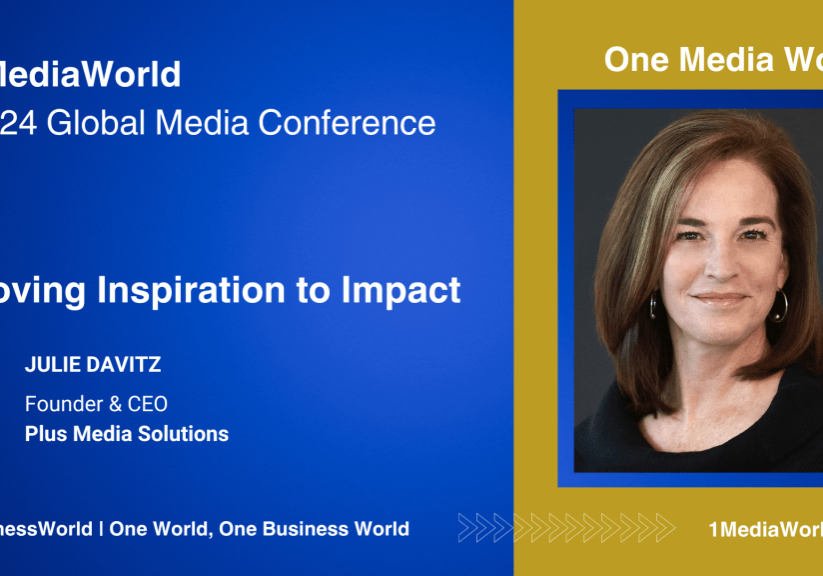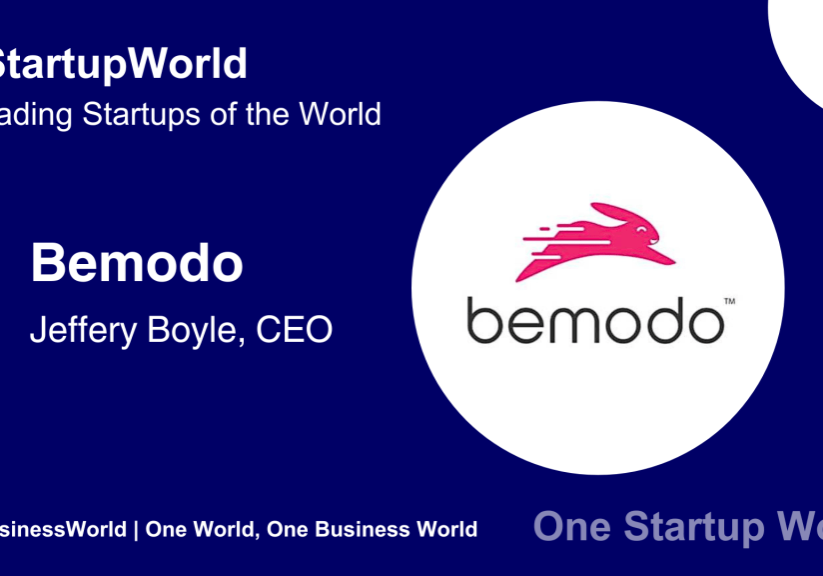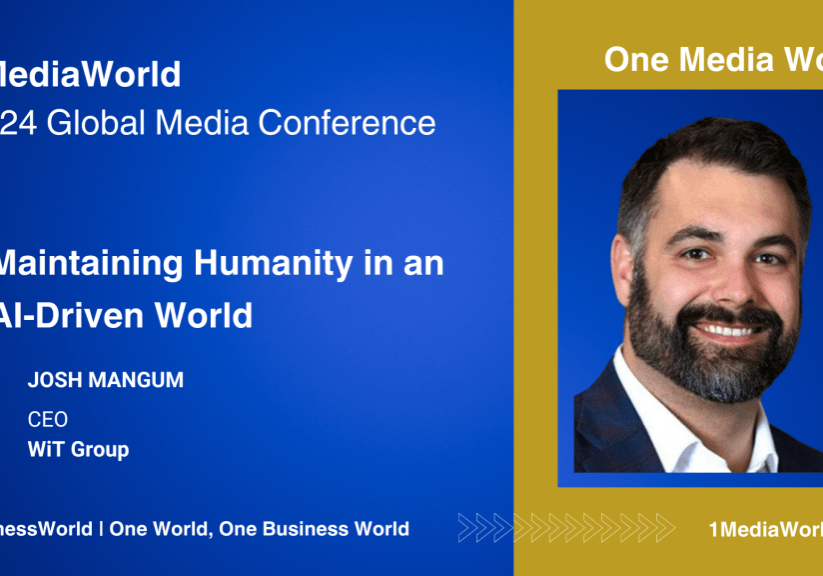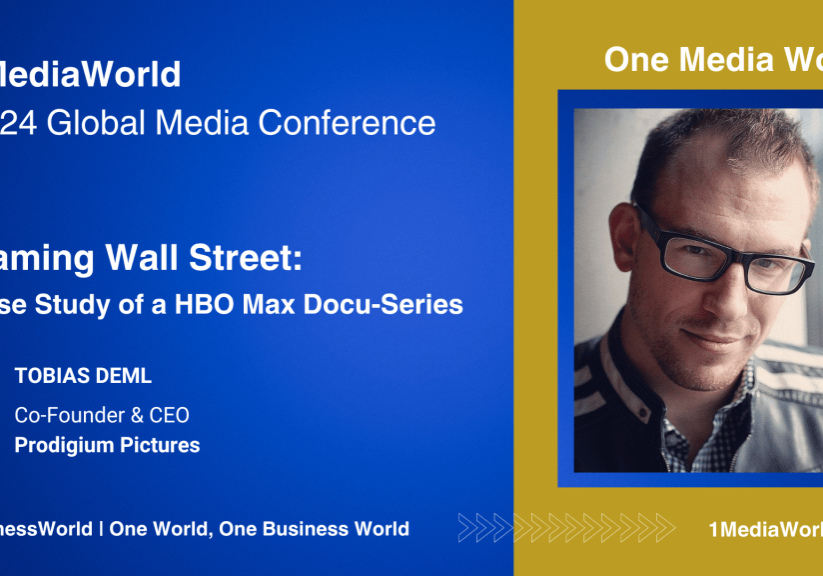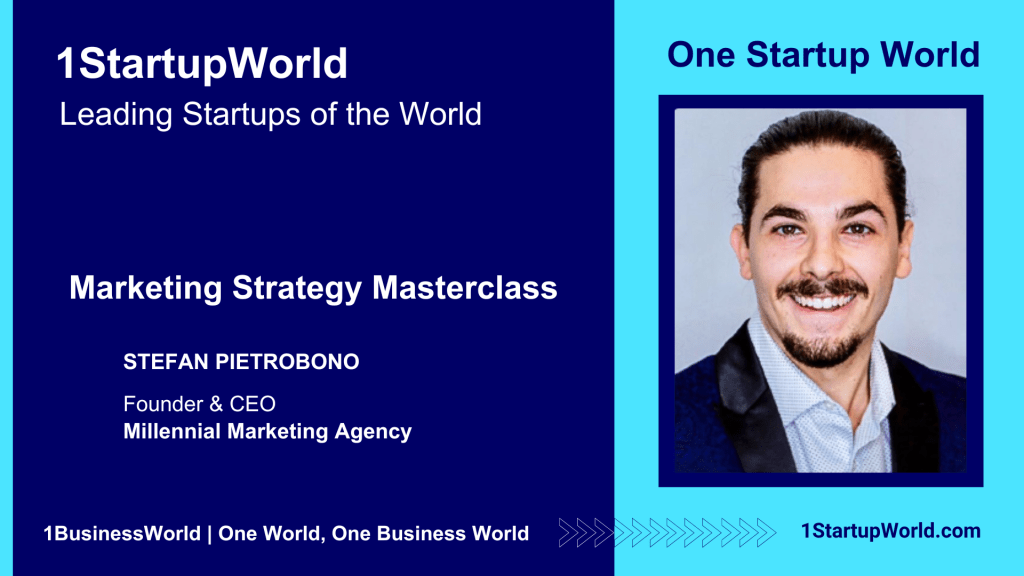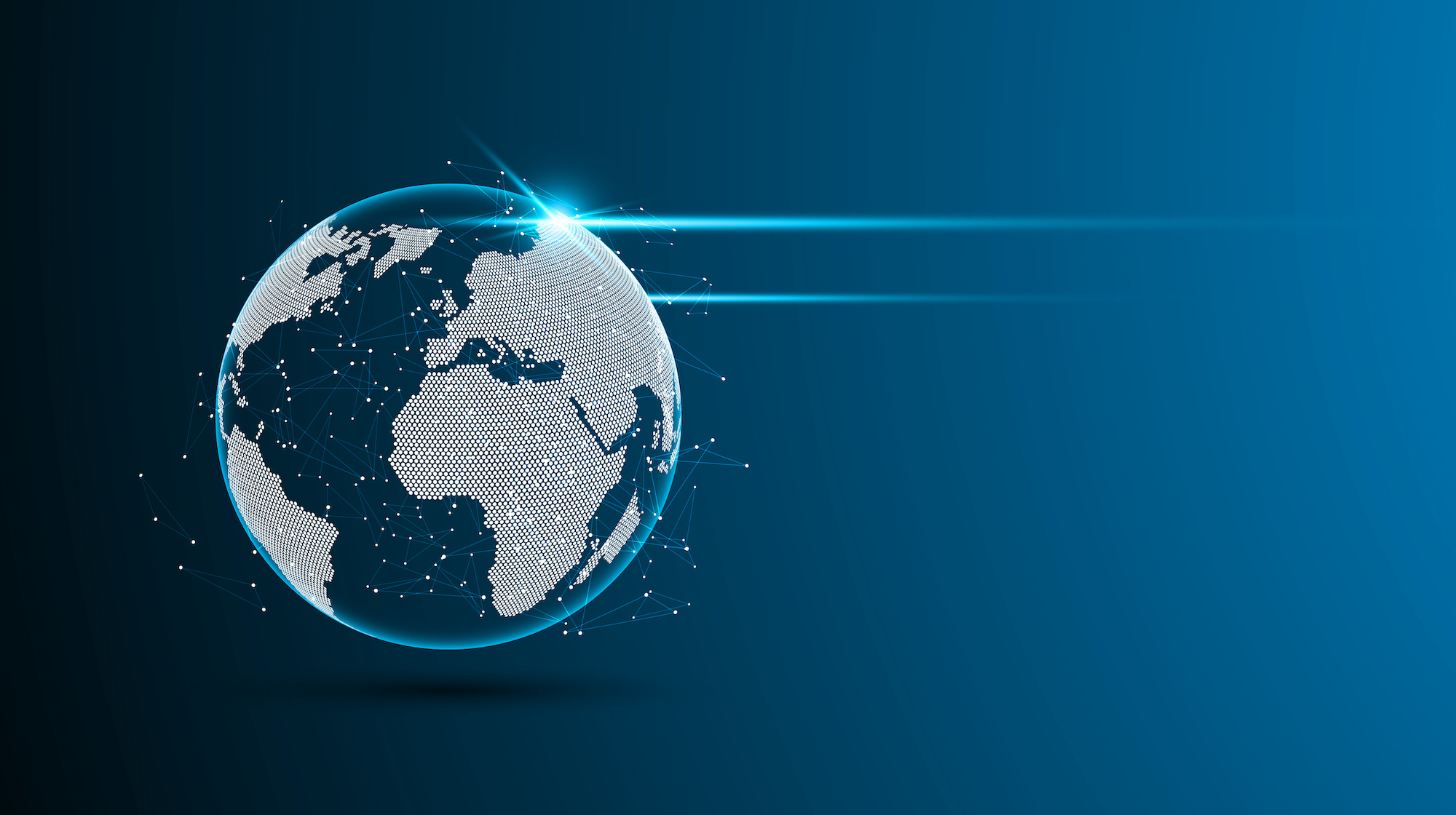
Scott Bade
Contributor
Scott Bade is special series editor of the TechCrunch Global Affairs Project and a regular contributor on foreign affairs. He’s a former speechwriter for Mike Bloomberg and co-author of “More Human: Designing a World Where People Come First.”
More posts by this contributor
China and US tech crackdowns set the stage for the next phase of competition
Introducing the TechCrunch Global Affairs Project
The TechCrunch Global Affairs Project examines the increasingly intertwined relationship between the tech sector and global politics.
About 30 years ago, the political scientist Joseph Nye overturned convention when he suggested that states exert not just “hard” power — i.e., military might — but “soft” power as well. Soft power, Nye wrote is “when one country gets other countries to want what it wants … in contrast with the hard or command power of ordering others to do what it wants.”
In other words, soft power is rule by attraction, not by force. Countries with greater cultural, economic, scientific and moral influence, the theory goes, “punch above their weight,” converting that influence into material gains. It encompasses everything that isn’t guns, soldiers or materiel. Queen Elizabeth II is a soft power all-star, as is Rihanna. But so too are Hollywood, sushi, Louis Vuitton and Copacabana Beach.
The likes of Broadway, Michael Jordan, Harvard and Starbucks have long made America, a superpower by conventional means, a soft power one as well. But much of American soft power in recent years can be attributed to our te …
